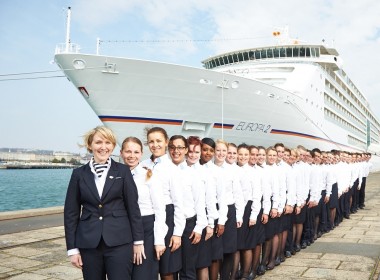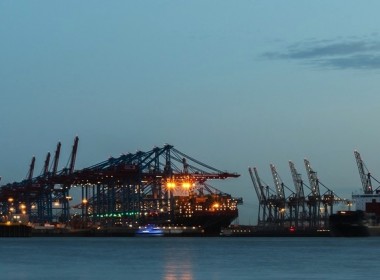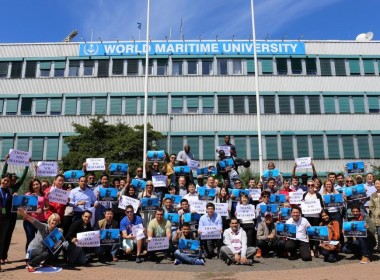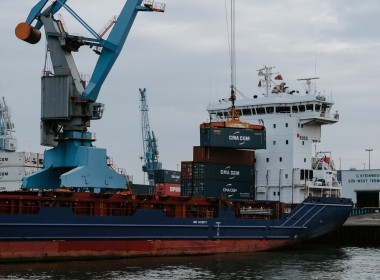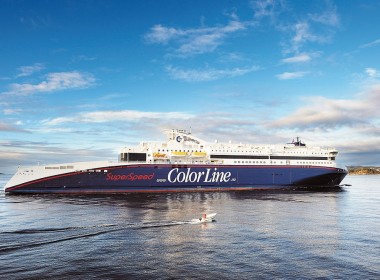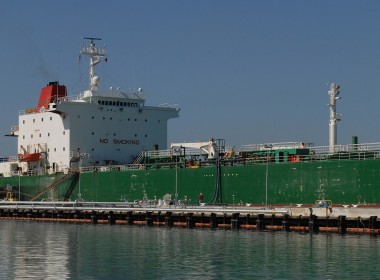COLUMN: Staying the course [Grey Power]
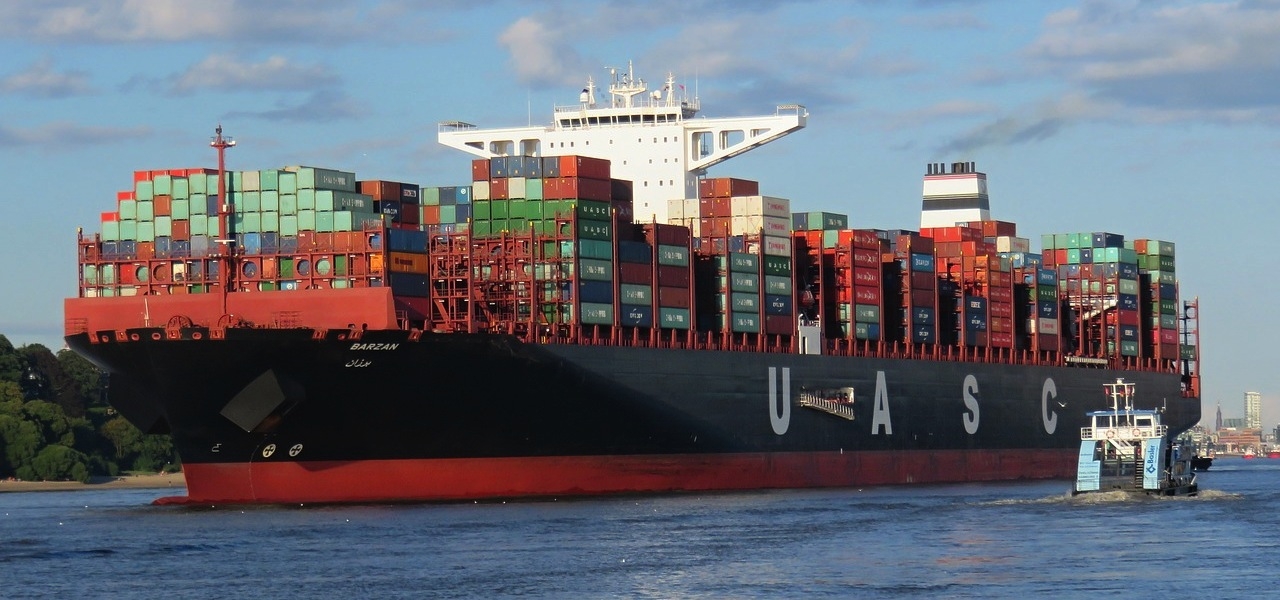
I was talking to some cadets attending a Nautical Institute conference the other day. They seemed exceptionally bright, had plenty of intelligent things to say and asked some searching questions of their elders who were doing the speaking. But in our conversation over lunch, they revealed two worrying facts about their cadetship.
I spoke with four of them, who were evenly divided between two of the UK’s training establishments, but at each of these colleges, the wastage rate of young people embarking on courses, which would end up with them becoming ships’ officers, seemed quite ridiculously high. The four cadets were just about finishing the last shore-side training period for their first statutory certificates, but revealed that around half the cadets of their particular intakes had failed to finish and had concluded that sea life was not for them.
You might argue that lots of students at university fail to finish their courses and decide to switch to something else, so that the experience of our nautical and engineering cadets should not be seen as exceptional. But equally, you might suggest that it is all something of a waste of time, effort and money, if you consider the labour involved in recruiting these young people, which is not easy in an age of considerable choice of careers.
“Three years to change their mind…”
I am told this is nothing unusual and in those countries where the maritime courses are “front loaded” with the cadets spending a full three years at college before they even get a chance to step aboard a proper ship, wastage is even worse. They have three years to change their minds and decide that they really don’t want to leave home and girl/boyfriends to pursue a life at sea, which they might not actually like.
The cadets I spoke with were on a course where periods at sea were interspersed with time in college, so it might be that their experience afloat in some way had coloured their views of their career prospects.
These particular cadets had been employed by the UK lighthouse authority Trinity House and their sea time had been very varied, on a range of different vessel types. Their experiences had thus been very different to those who might have been directly employed by a manager contracted to a single company, with all their sea time on the same type of ship.
Moreover, in the case of many cadets at sea today, there is a general unwillingness, within the industry, to train and shipping companies have to be incentivised by taxation benefits to take cadets on their ships. “Tonnage tax” is this particular incentive, and the cadets know they are at sea not because the operator feels a duty to train the next generation of those who will serve in his ships, but because of financial reasons.
It is also frequently the case that the cadets, perhaps just two of them, will find themselves on vessels where they are the only people of their nationality aboard and the language of the ship is not their own. And while the ship’s officers may have some sort of obligation to teach their cadets, or at least assist them with the seagoing elements of their course, to do this in a language not one’s own may be disconcerting for both teacher and pupil.
Of course, it may be that the officers are generous with their time and try hard, but on other ships, the cadets will feel that they are treated as little more than passengers, or that they are there on sufferance. Living in a completely different culture, with a strange diet and lifestyle, they might come to the conclusion that such a life is not for them, or they might just feel terribly lonely and cut off. We maybe should not be surprised that they find something else to do with their lives.
For those who make it to the end of their courses and gain their first watchkeeping qualification, there is the next great problem of trying to find the first job as junior deck officer or engineer. Those who have been “tonnage tax” cadets invariably discover that the company which has given them their sea experience does not actually employ qualified officers of their particular nationality. The advertisements they might see will specify “experience” in addition to qualifications, but without any hints as to how that experience can be gained.
Eleven-month tours of duty
I questioned one of these “tonnage tax” employers about their manpower policies. Was it that the cadets, once qualified, were too expensive as Western Europeans to sail as junior watchkeeper? It was not the money, he explained, because there was little difference between the wages of Far Eastern officers employed and that of Europeans. Rather it was the fact that the company expected that their junior officers would undertake eleven-month tours of duty! It seemed a convenient let-out!
Sometimes, you feel that the shipping industry, in its cavalier attitude to training, just doesn’t deserve to have bright and intelligent young people joining its ranks. The lack of on-board training places is an international scandal, not helped by the present attitude of charterers, who have started to demand that officers on chartered ships have “experience in rank” before they will take on a ship. Then we see repeated the anticipated officer shortage, just a few years down the line. There really is no reason to wonder why.


